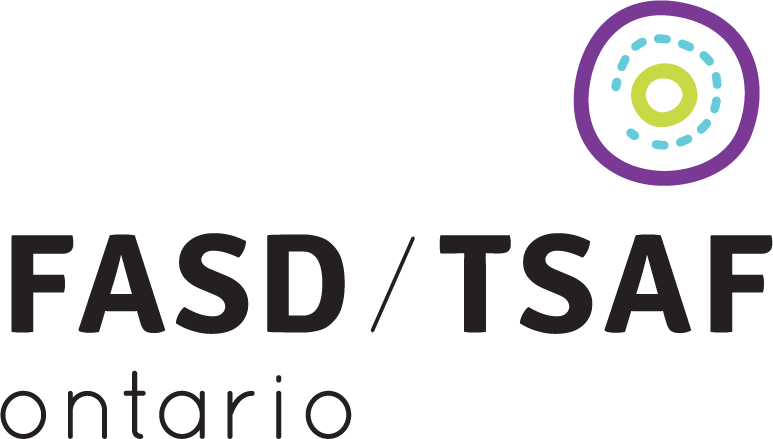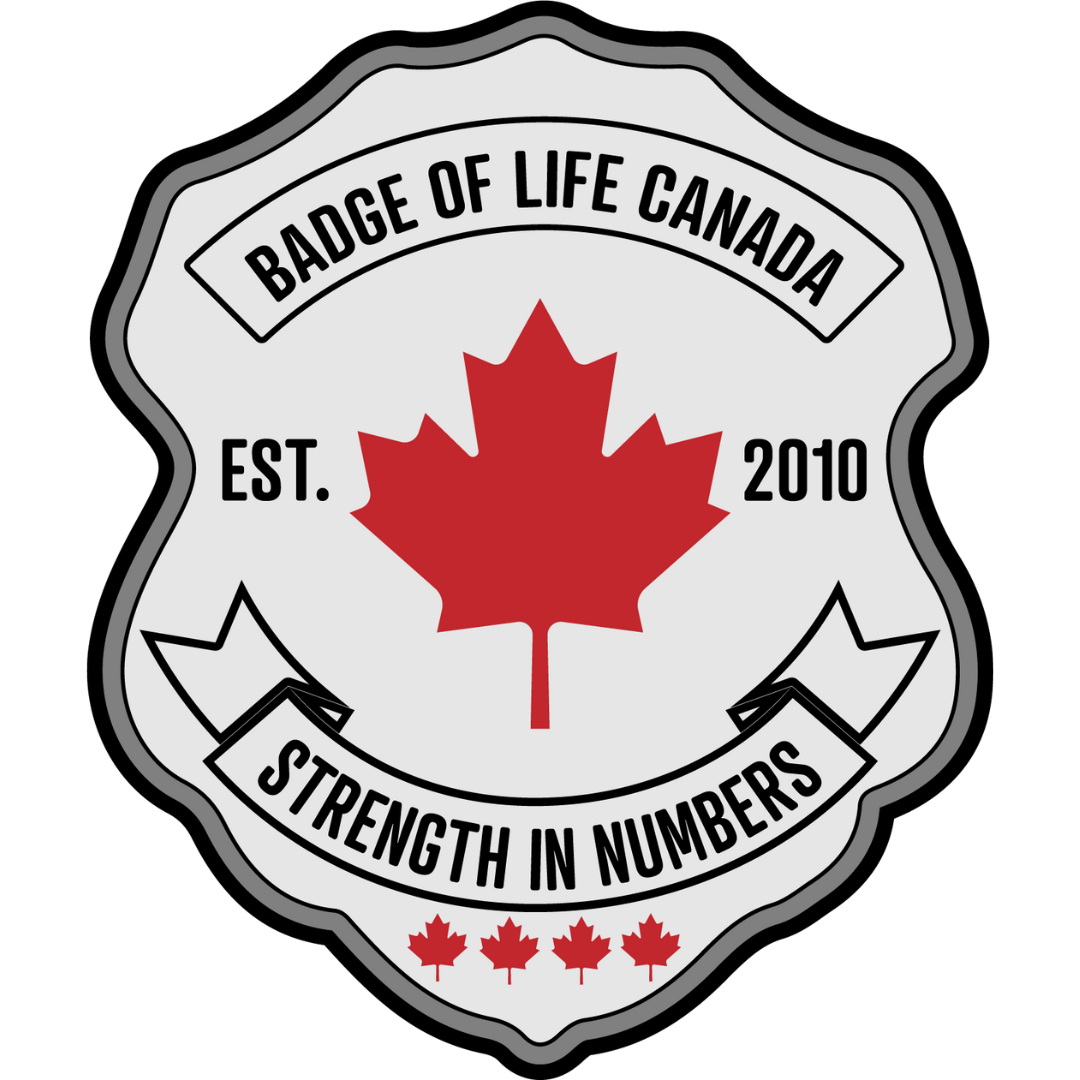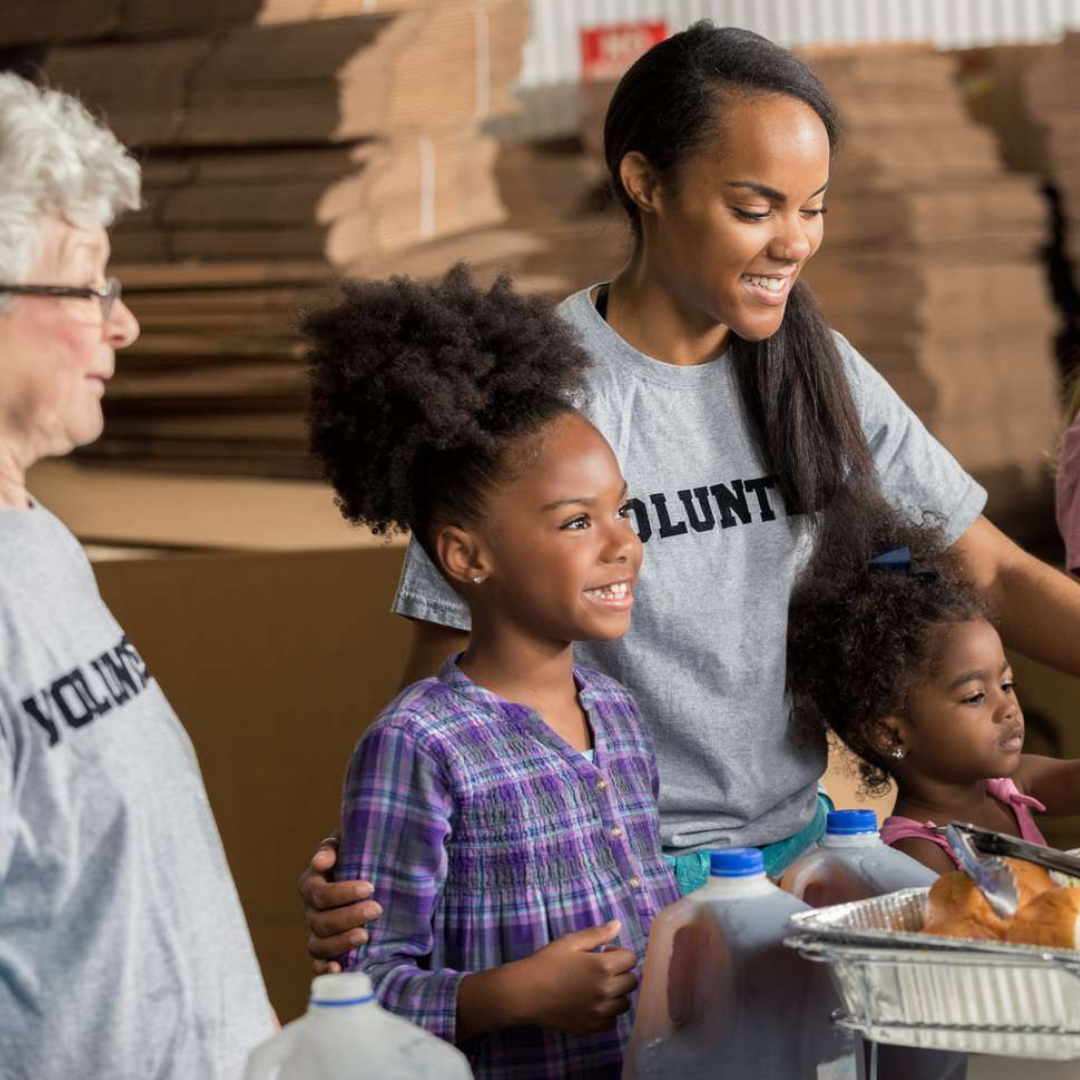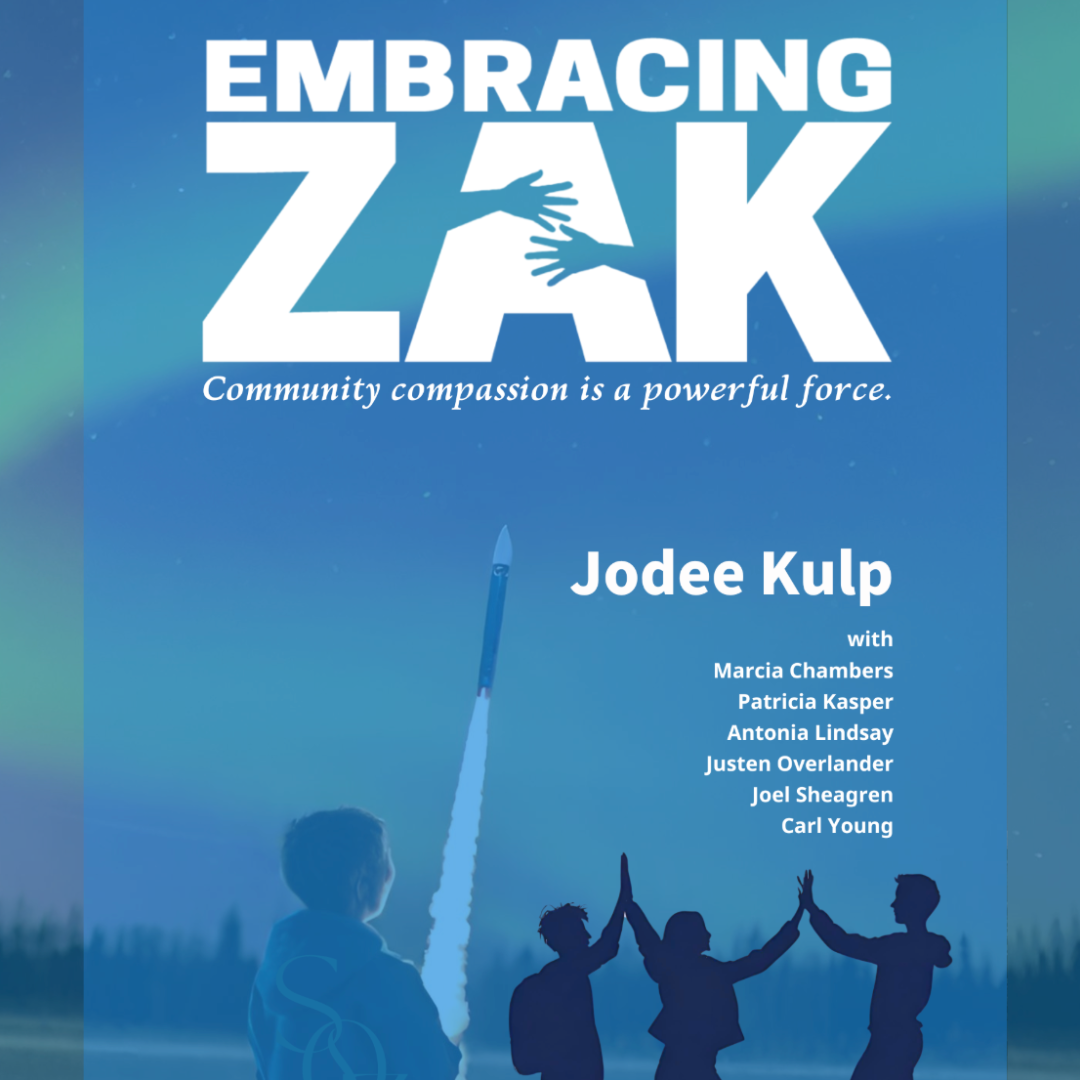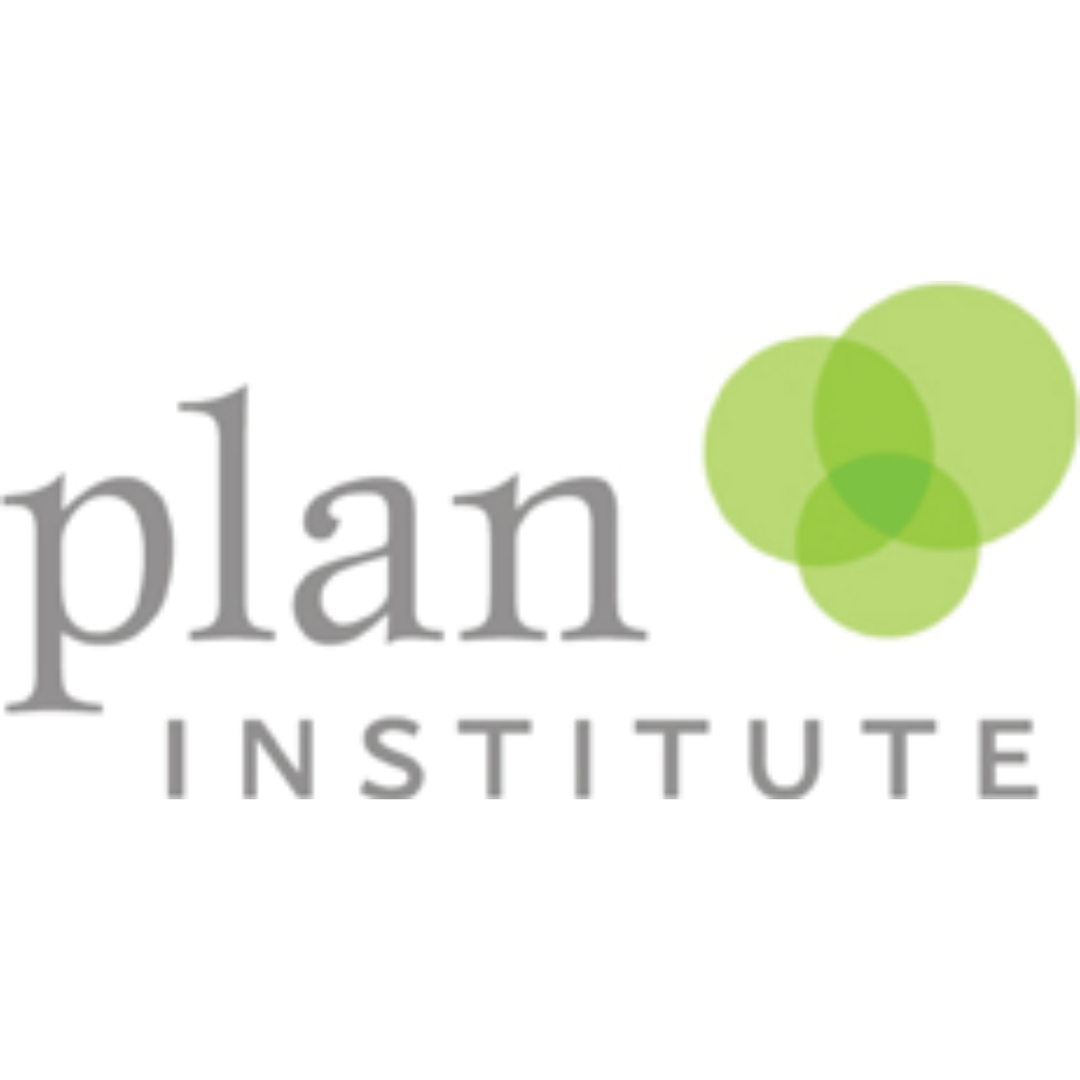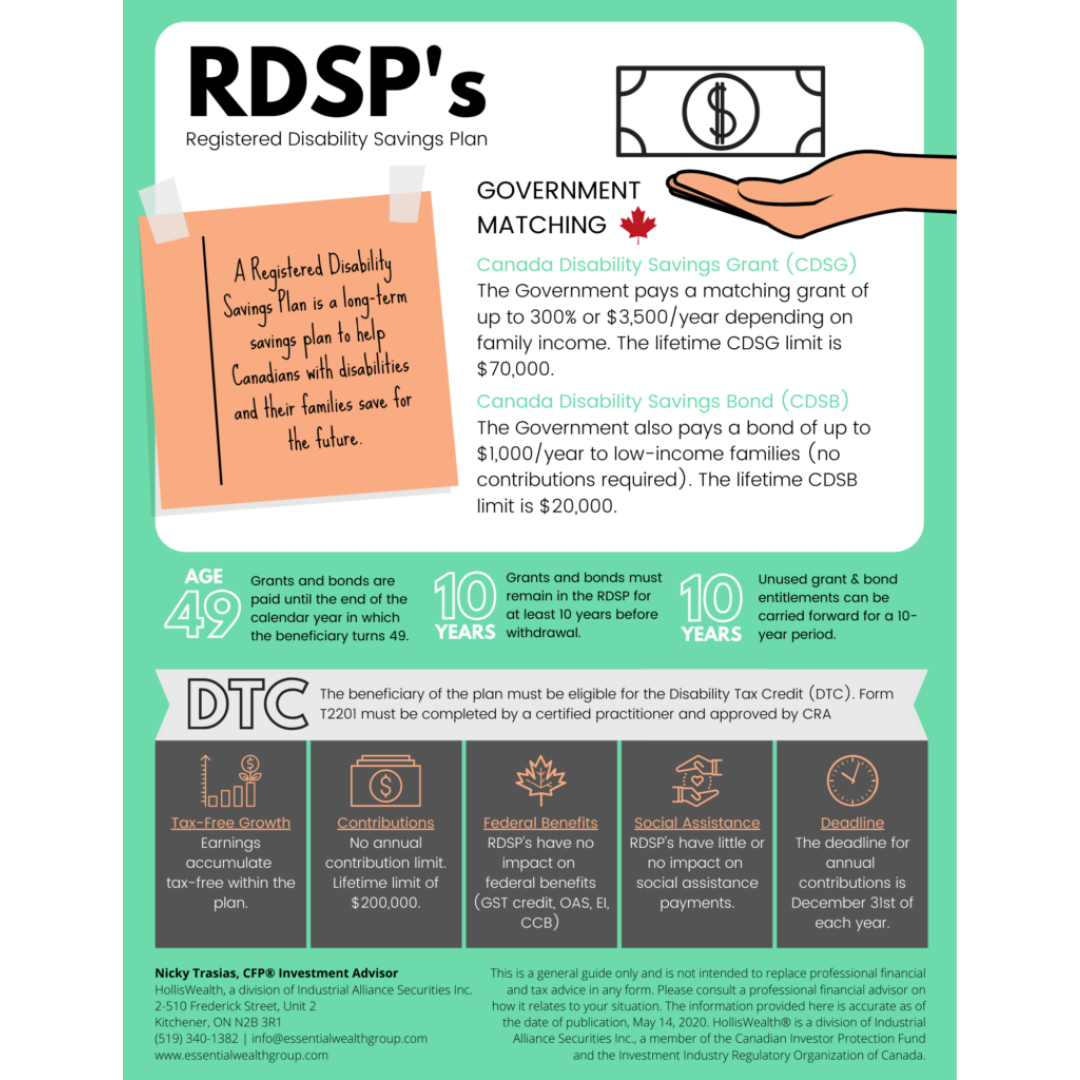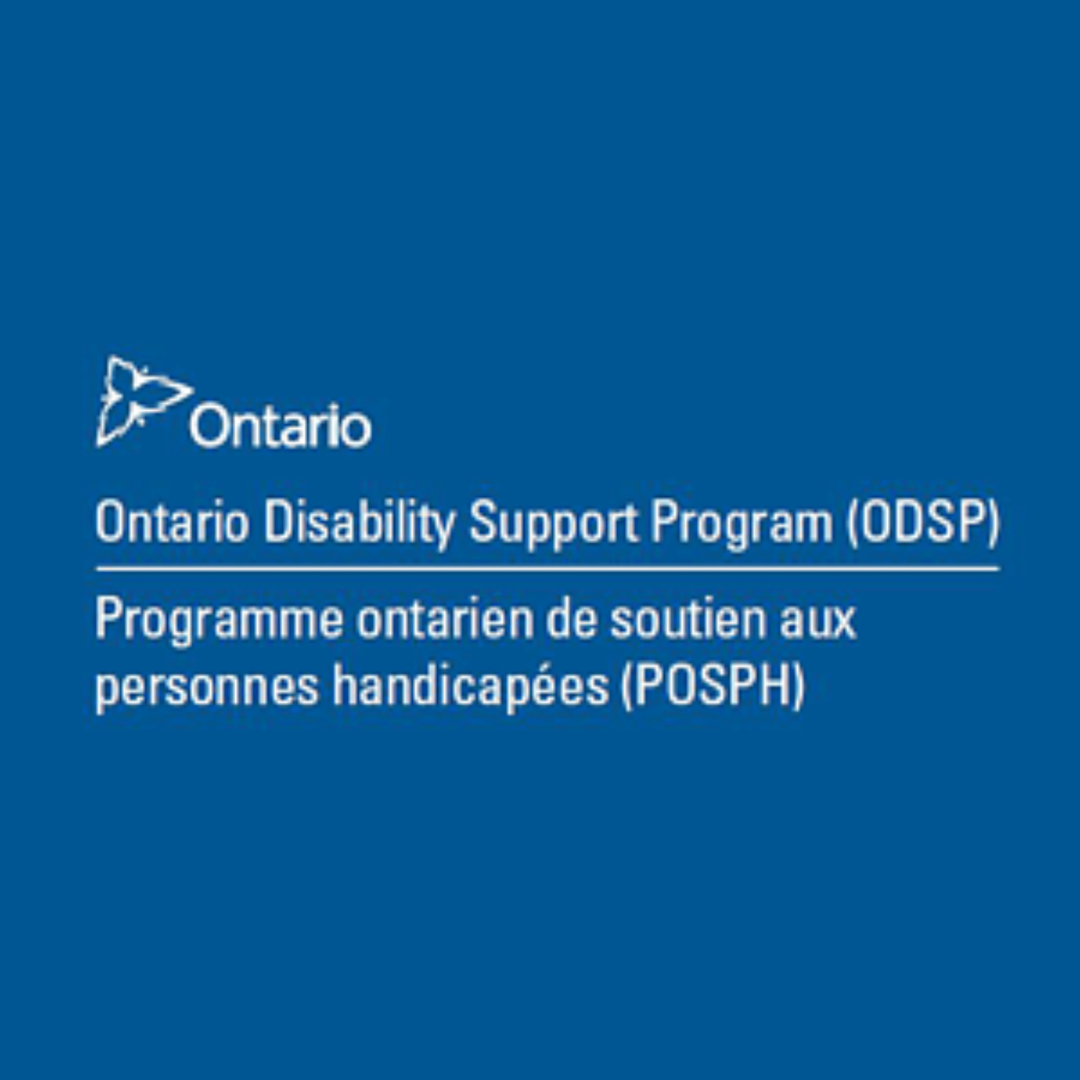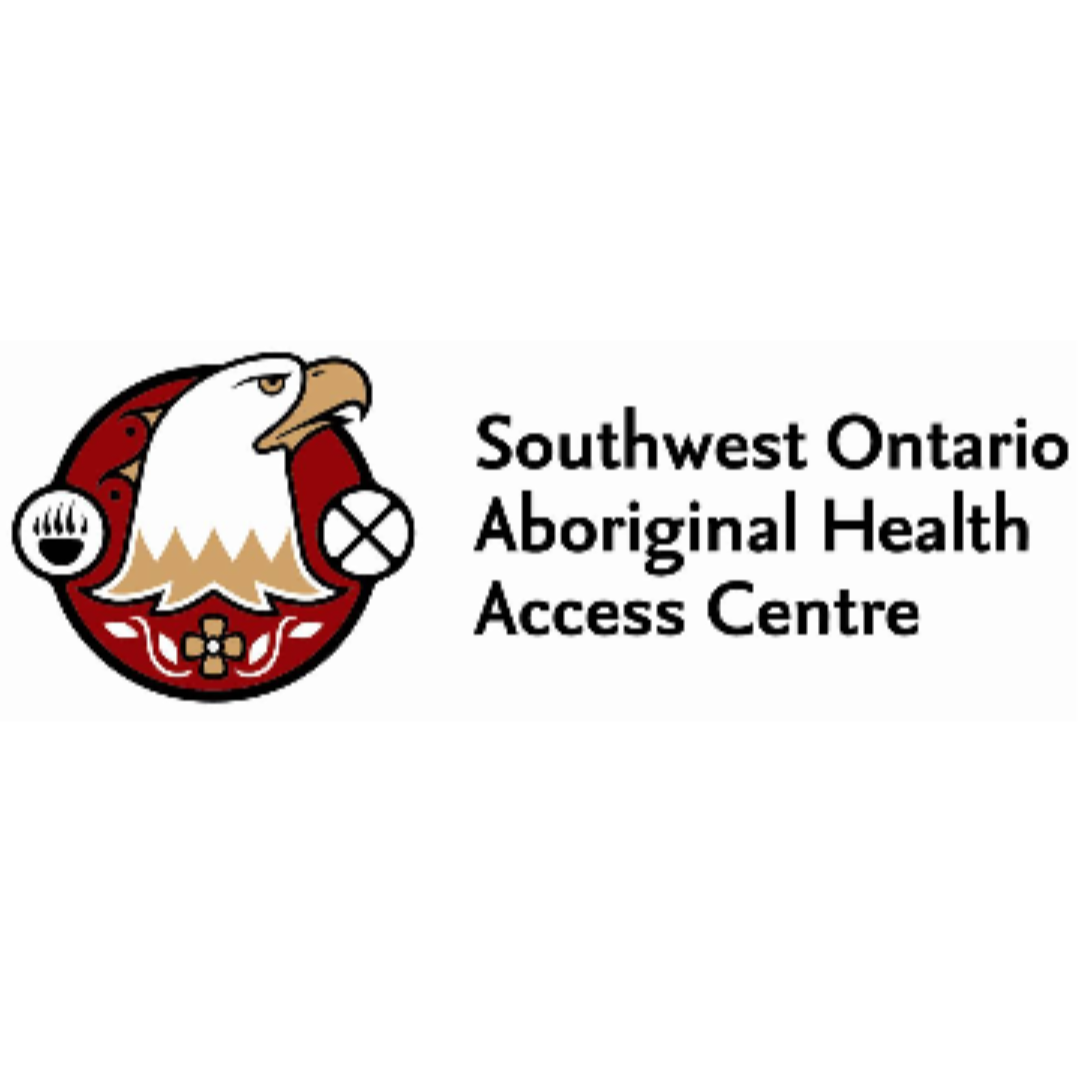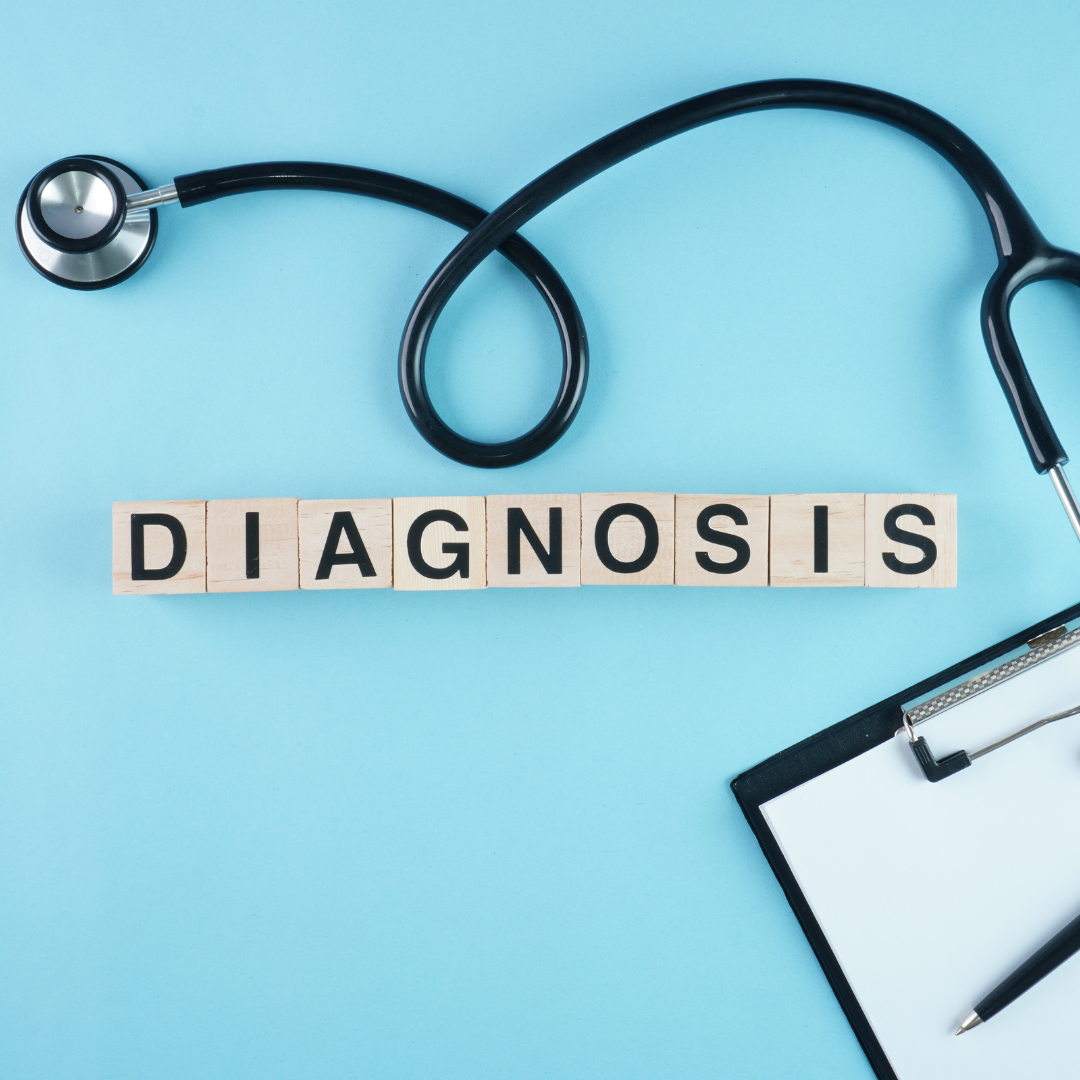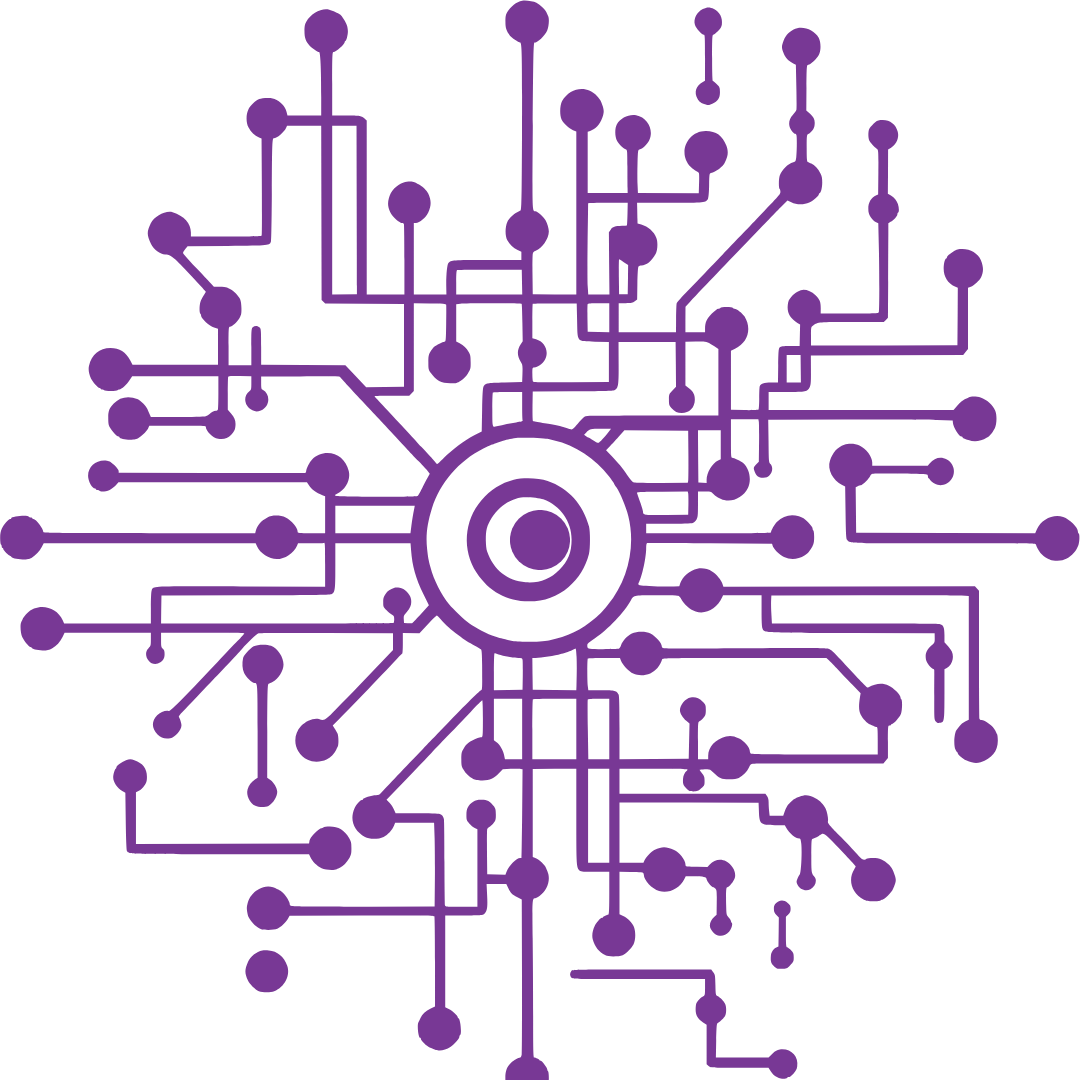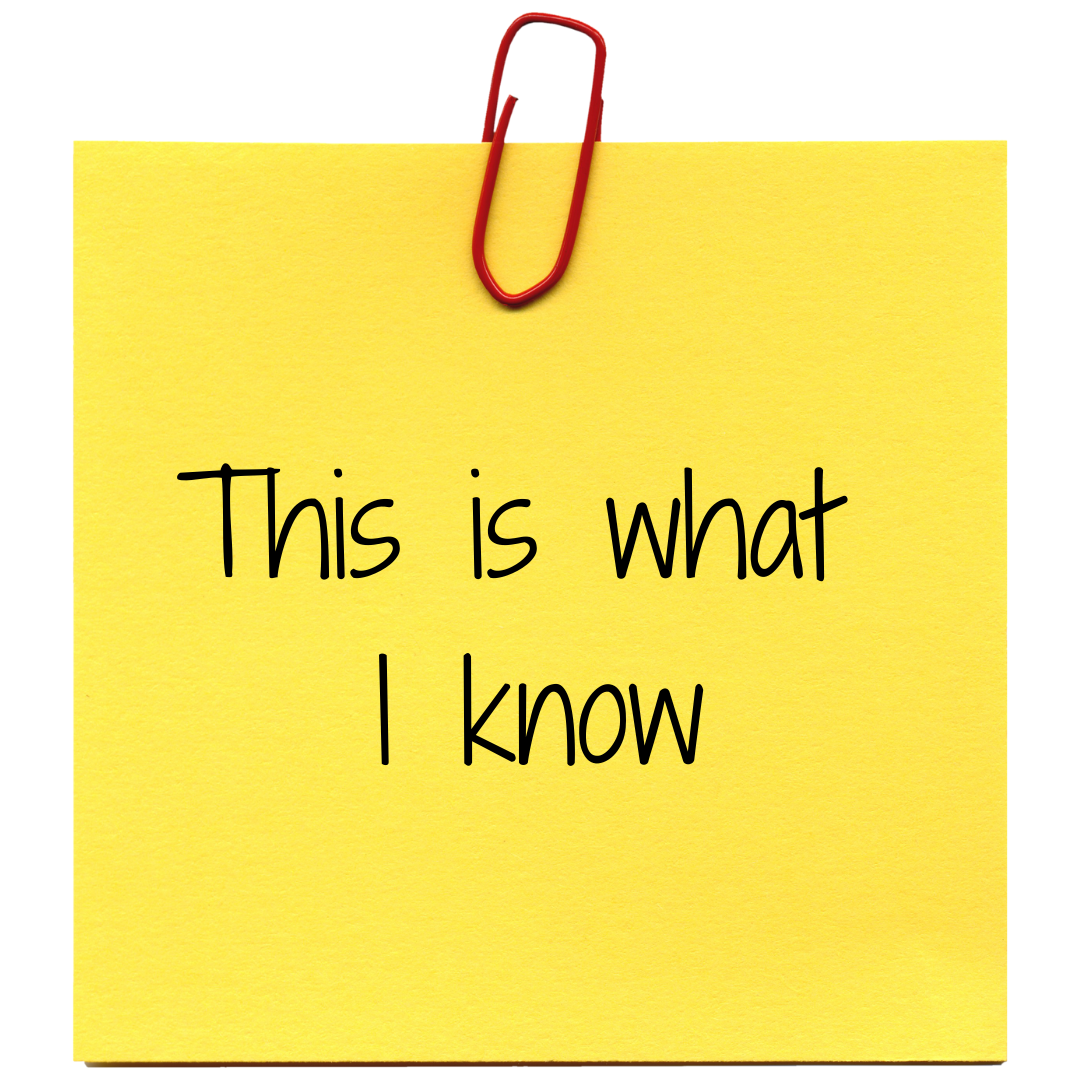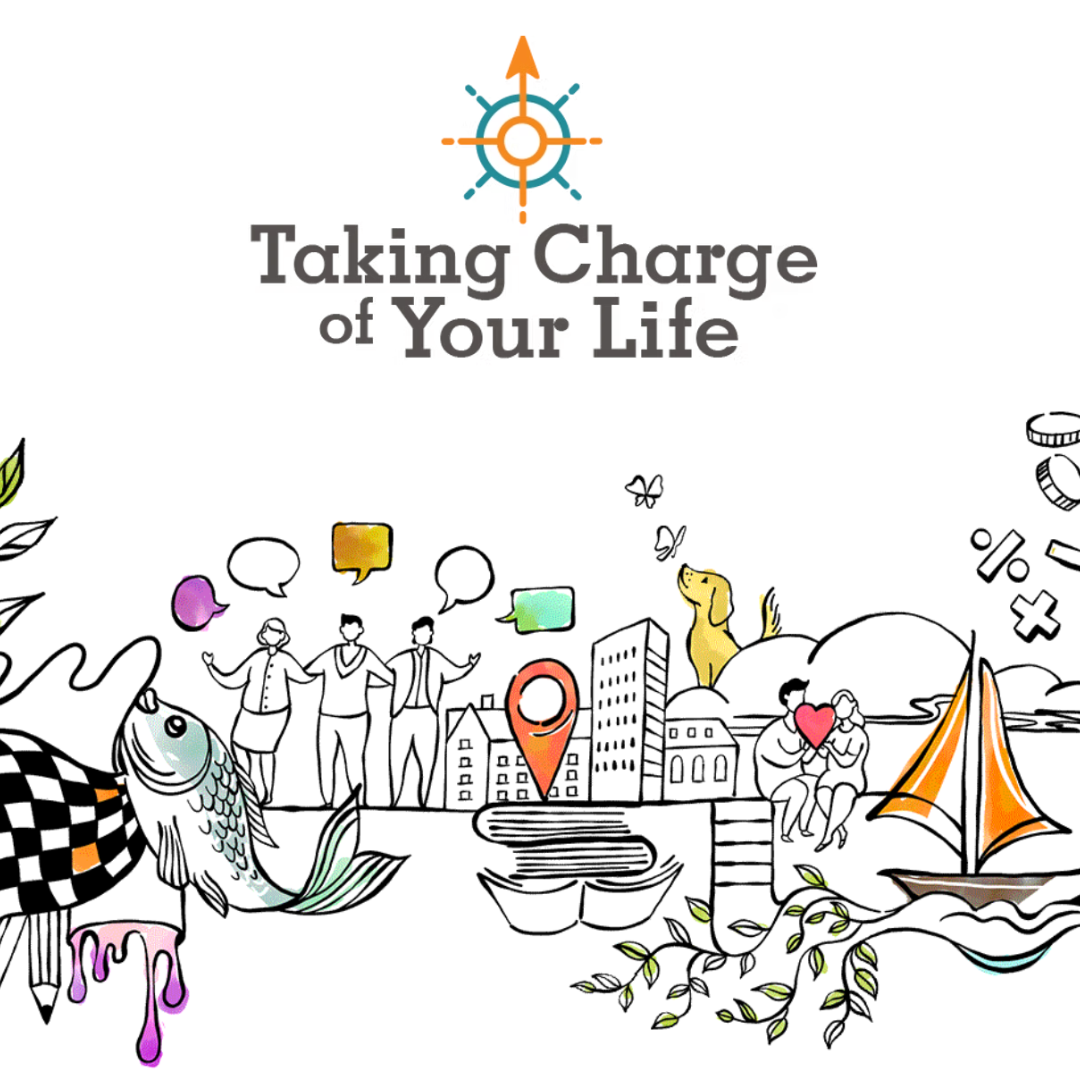Resources for Individuals with FASD
Find information related to a wide variety of topics relevant to individuals with FASD
Filter
Learn about the services and supports available at your local children’s treatment centre.
We have developed and evaluated five digital intervention programs on evidence-based care for sleep problems in children.
Social Stories will help provide children with FASD an easy way to understand correct social responses to situations and develop their social skills.
Here you’ll find housing resources that can help people with disabilities, as well as their families, find affordable and accessible housing throughout Canada.
If you are looking for a place to rent or are renting, this guide can help you search for and secure housing, deal with issues that come up as a tenant, or help you plan your next move.
This section of the ConnectABILITY website is focused on Grief and Bereavement, especially for people with developmental disabilities across the lifespan, with special attention to aging populations, children, and supportive caregivers.
This is a series of workshops and tip sheets designed to help plan for life after school.
This page provides a mix of resources, videos, presentations, and articles focused on rights for people with intellectual and developmental disabilities.
This page contains resources, tips and tools that can help prepare you to safeguard yourself against dangers to your life, health and safety, and respond to them when they happen.
This resource directory shares tools for teaching about relationships and sexuality.
This directory contains Community Participation Support, Caregiver Respite and Person-Directed Planning Support listings for transitional age youth and adults.
Resources for employers and those seeking employment.
If you have a disability, Ontario Disability Support Program (ODSP) employment supports may help you find work, keep a job, start a business or advance your career.
How to get a service dog, find service dog training, testing and approved organizations, and how to interact with service dogs in public.
Acquiring a Service dog can be an extremely difficult journey since there are no national standards. This resource can assist you in your journey to obtain a service dog.
4 Paws for Ability has pioneered the use of service dogs for FASD.
The Canadian Foundation for Animal-Assisted Support Services (CF4AASS) is an impartial, national registered charity that promotes the availability, credibility, and sustainability of excellence in Animal-Assisted Human Services (AAHS).
Embracing Zak, is the first of several formats within The Embraced Project to be released, and its mission is to move the public’s awareness of FASD
An uplifting debut about an unlikely heroine whose journey will leave you wanting to embark on a quest of your own, because after all… We are all legends of our own making.
This webinar recording provides an overview of the Substance Use and Addictions in FASD Populations study, detailing the results and outcome of the project.
Planning for the future can be a difficult and complicated task. This Future Planning Tool simplifies the process and guides you through the steps of planning for a good life.
This resource provides guidance on planning individualized housing plans, focusing on empowering individuals with disabilities to create sustainable, personalized solutions.
The RDSP helps people with disabilities save for the future through personal contributions combined with government grants and bonds.
Many people with FASD qualify for the Disability Tax Credit, a valuable tool for reducing the amount of income tax you owe each year.
Thinking of applying to the Ontario Disability Supports Program (ODSP) for ages 18+? This helpful guide from the P4P Planning Network is a great resource.
Community Living Essex County published this helpful guide to apps that assist with daily living.
There are a number of things that might be a barrier to you achieving good mental health, such as your personal challenges, stigma, and lack of services available.
The SOAHAC FASD Program provides Indigenous people living with FASD – diagnosed or undiagnosed – with services that promote and support quality of life and positive outcomes.
World-renowned speaker / peer mentor Myles Himmelreich is joined by clinicians and a parent advocate to share valuable information about how FASD is a whole-body medical disorder.
Often medications work quite differently for people with FASD. You may want to give this resource to your medical doctor to assist them with prescribing some medications.
This document from the Asante Centre explores the relationship between trauma and resilience, focusing on strategies to support individuals who have experienced trauma.
Document highlighting the intersections between FASD and trauma, illustrating shared characteristics and considerations for understanding and addressing both.
Most people with FASD require structure, routine and repetition to be successful and master a task, and the same is true of their work schedule.
This free booklet is intended to help people with FASD or possible FASD better understand their diagnosis and how it may affect their lives.
Eight short videos featuring individuals with FASD followed by a presentation by adults with FASD who are parenting children.
Changemaker C.J. Lutke tackles shares her experiences and thoughts related to FASD and parenting, memory issues, relationships, and more.
This Partners for Planning resource will guide you and your support network to forming a plan for your future.
This resource from the Northeast Alberta FASD Network will help you better understand FASD including how the brain works and how you can deal with everyday challenges.
The FASD Changemakers discuss how to overcome obstacles, maximize potential and redefine a successful life.
Meet the FASD Changemakers, remarkable adults with FASD from around the world who are collaborating to build awareness and support for individuals with FASD.
Six youth mentors with FASD share what they want people to know about their experiences with FASD, including at school, work, in their communities, and more. Youth share their strengths and areas of challenge.
